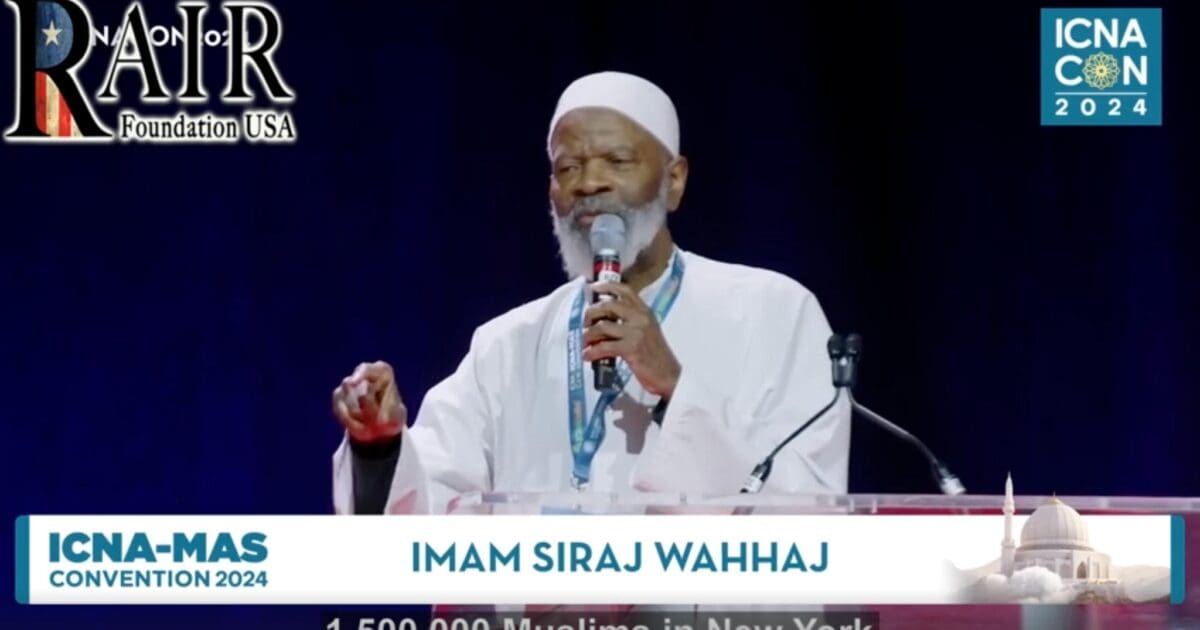The Trump administration is gearing up to implement one of the most aggressive immigration enforcement policies in U.S. history, signaling a dramatic shift back to law and order at the border. Spearheading this charge is Tom Homan, Trump’s newly appointed “border czar,” whose plans for mass deportations and border security are as bold as they are decisive. In a recent interview on SiriusXM with David Webb, Homan detailed his vision for the future of immigration enforcement, addressing manpower shortages, resistance from Democratic states, and the military’s role in support operations.
Rebuilding the Ranks: A Surge of Willing Enforcers
Homan described the current state of immigration enforcement under the Biden administration as deeply dysfunctional, noting that many ICE agents and Border Patrol officers have been relegated to roles like “babysitting and processing” migrants rather than enforcing the law. He painted a picture of a demoralized force, with many officers retiring early or leaving because they felt they couldn’t fulfill their oath to protect the country.
But the tide is turning. Homan shared that since Trump’s announcement of tougher immigration policies, thousands of former agents, military veterans, and law enforcement professionals have reached out, expressing their willingness to return.
“In the last two days, I’ve gotten thousands of texts and emails from retired Border Patrol agents, retired ICE agents, retired police officers, and guys just out of the military who want to come help,” Homan said.
The challenge now is figuring out how to bring these volunteers back into the fold. This will depend on budget allocations, but Homan is confident that the surge of support can provide the manpower needed to carry out the administration’s plans.
Using the Military as a ‘Force Multiplier’
One of the most striking aspects of Homan’s strategy is his plan to involve the Department of Defense (DOD) as a support system for immigration enforcement. He was quick to dispel fears of military personnel being deployed to cities to arrest people, calling those claims baseless and sensationalized.
Instead, Homan outlined practical ways the DOD could assist:
- Transportation: The military could help with both ground and air transportation of detained illegal immigrants, freeing up ICE and Border Patrol officers to focus on enforcement tasks.
- Infrastructure: DOD resources could be used to construct holding facilities or logistical hubs for processing detainees.
- Intelligence Support: Military analysts could assist in gathering and analyzing data to identify and locate high-priority targets, such as individuals posing national security threats.
- Administrative Tasks: By taking over non-enforcement duties, the military would allow immigration officers to concentrate on street-level operations.
Homan emphasized the critical role of the DOD in past administrations, noting their contributions to logistical and operational support during border crises. He described the military as a crucial “force multiplier,” capable of amplifying the impact of immigration enforcement agencies.
Resistance and a Bold Warning to Sanctuary Cities
Homan didn’t mince words when addressing the pushback from Democratic governors and sanctuary cities. Many of these jurisdictions have already signaled their intent to block federal immigration enforcement efforts, a move Homan called incomprehensible.
“I don’t understand what city or state would not want to assist in removing public safety threats and national security threats from their community,” he said. “But if they don’t want to help, just get the hell out of the way, because we’re going to do it. You’re not going to stop us.”
Homan accused these jurisdictions of playing politics with public safety, prioritizing their opposition to Trump over the well-being of their communities. He pointed to the risks posed by sanctuary policies, which he argued shield dangerous individuals from accountability.
“Public safety and national security should be a nonpartisan issue. I don’t care if you’re Republican, Democrat, or Independent—we should all want to protect this country and our communities.”
Doing the Job, Despite the Resistance
Homan repeatedly stressed his determination to carry out the administration’s plans, regardless of the obstacles. He acknowledged the hostility his team will face from some quarters, but made it clear that resistance will not deter them.
“We’re going to do the job despite the hate. We’re going to do the job despite the resistance. We’re going to do the job despite the roadblocks. You’re not going to stop us.”
Homan’s confidence stems not only from his own resolve but also from the overwhelming support he’s received from the law enforcement community. His call to arms has already reinvigorated a sense of purpose among those disheartened by years of perceived neglect and inaction.
The Road Ahead: Law and Order Restored
The Trump administration’s immigration policy represents a seismic shift in approach. It rejects the permissive stance of the Biden era, replacing it with an unrelenting focus on enforcing the law, securing the border, and prioritizing public safety.
Homan’s leadership is central to this effort. His detailed plan to leverage military support, rebuild the ranks of immigration enforcement, and confront sanctuary cities head-on leaves no doubt about his commitment. For Homan, this mission is non-negotiable.
“Join us or get out of our way,” Homan declared. “We’re here to do a job, and we’re not going to let politics or resistance stop us.”
In a country divided over immigration, Trump’s return and Homan’s unapologetic approach promise to reignite the debate over border security and sovereignty. For supporters, it’s a long-overdue correction. For detractors, it’s a challenge; they will likely be unable to stop.














TOM, COME TO EU ALSO AND THROW OUT ALL MUSLIMSHITS AND ALSO THROW OUT ALL CRIMINAL EU “LEADERS”, THAT IS ALL OF THEM, EXCEPT ORBAN, OF COURSE!